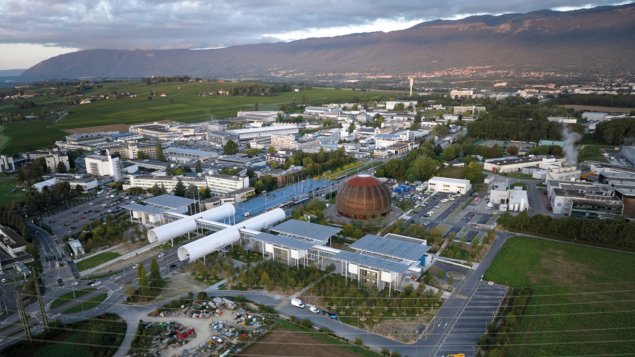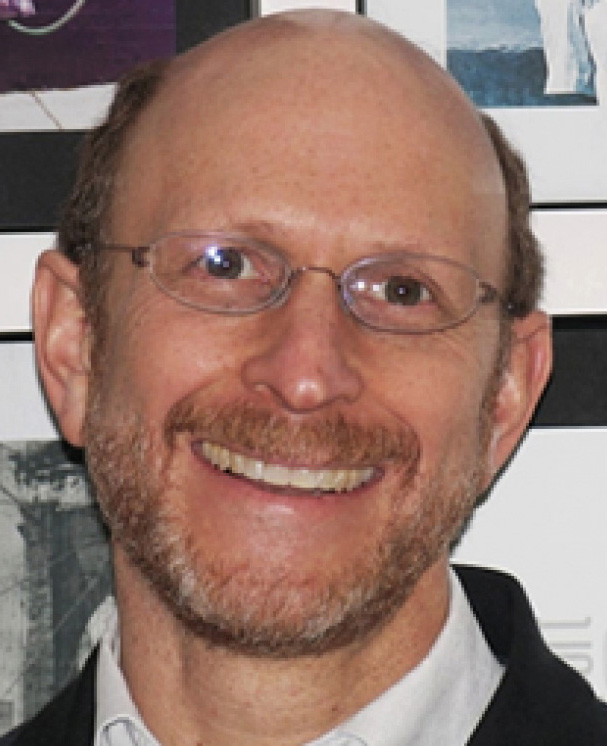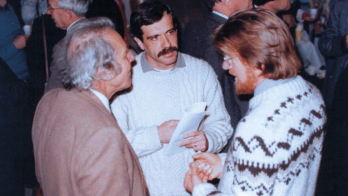Rising geopolitical tensions and techno-nationalism offer opportunities for new global organisations that build on the success of the CERN model, argue policy researchers Leonard Lynn and Hal Salzman.

Although a brief period of hubris and short-sightedness at the end of the Cold War led some in the West to proclaim “the end of history” and a path to a unified global community, underlying and historically ever-present geopolitical tensions have surfaced again, perhaps as strongly as in the past. At the same time, the past decades have witnessed increased education of talented scientists and technologists across the globe, including in low- and middle-income countries that were once outside the leading science communities. To address the science and technology challenges of our time, we need to find ways to steady the ship to best navigate this changing global scene.
Just as CERN was born out of the ashes of global destruction and disarray – a condition that called for collaboration out of necessity – we propose that the resurgence of nationalism along with pressing challenges such as climate change, disease and artificial intelligence call for stronger scientific communities. At the time of CERN’s founding 70 years ago, European physicists, especially in sub-atomic physics, faced marginalisation. Devastated European countries could not separately fund the “big science” facilities necessary to do cutting-edge research. Moreover, physicists were divided by national loyalties to countries that had been enemies during the war. In the period that followed, it seemed that subatomic research would be dominated by the US and the USSR. Worse, it seemed all too likely that the nationalistic agendas in those nations would push for advances in catastrophic new military technologies.

The creation and operation of CERN in that environment was monumental. CERN brought together scientists from various countries, eventually extending beyond Europe. It greatly advanced basic knowledge in fundamental physics and spun-off practical technologies such as the web and medical equipment. It has also served as a template (greatly underused in our view) for other international science and technology organisations such as SESAME in the Middle East. Today, the challenges for global cooperation in science and technology are different from those facing the founders of CERN. Mostly Western Europeans, with a few US supporters, they shared the discipline of subatomic physics and included Nobel Laureates and other highly respected people who were able to enlist the help of supportive diplomats in the various founding states.
Moment for change
The current geopolitical moment calls forth the need for more CERN-like organisations, just as occurred in that brief post-war moment. New global institutes and organisations to address global problems will have to span a broad range of countries and cultures. They will have to overcome techno-nationalistic opportunism and fears, and deal with potential capture by multinational enterprises (as happened with the response to COVID).
New global institutes and organisations to address global problems will have to span a broad range of countries and cultures
Since its founding, CERN has increasingly shown the ability to cross cultural and political boundaries – most nations of the world have sent scientists to participate in CERN projects, and non-European countries such as India, Pakistan and Turkey are associate members. Some mention the importance of facility cafeterias and other venues where scientists from different countries can meet and have unofficial discussions. CERN has striven to keep decision-making separate from national interests by having a convention that precludes its involvement in military technologies, and by having decisions about projects made primarily by scientists. It has strong policies regarding the sharing of intellectual property developed at its facilities.

CERN’s contributions to basic science and to various important technologies is undisputed. We suggest its potential contributions to the organisation of global science and technology cooperation also deserve greater attention. A systematic examination of CERN’s governance system and membership should be undertaken and compared with the experiences of others. Analysing how the CERN model fits social science-studies of design principles, it is clear that the CERN success brings important additional principles for when the common-pool resources are science and technology, and members come from diverse cultural backgrounds. CERN has addressed issues of bringing together scientists from countries that may have competing techno-nationalistic agendas, providing shelter against not only government but also multinational enterprises. It has focused on non-military technologies and on sharing its intellectual property. It is time that this organisational experience is rolled out for even greater common good.
Further reading
L Lynn & H Salzman 2023 Global Policy doi:10.1111/1758-5899.13258 and Issues Sci. Technol. doi:10.58875/ADGU5787.







